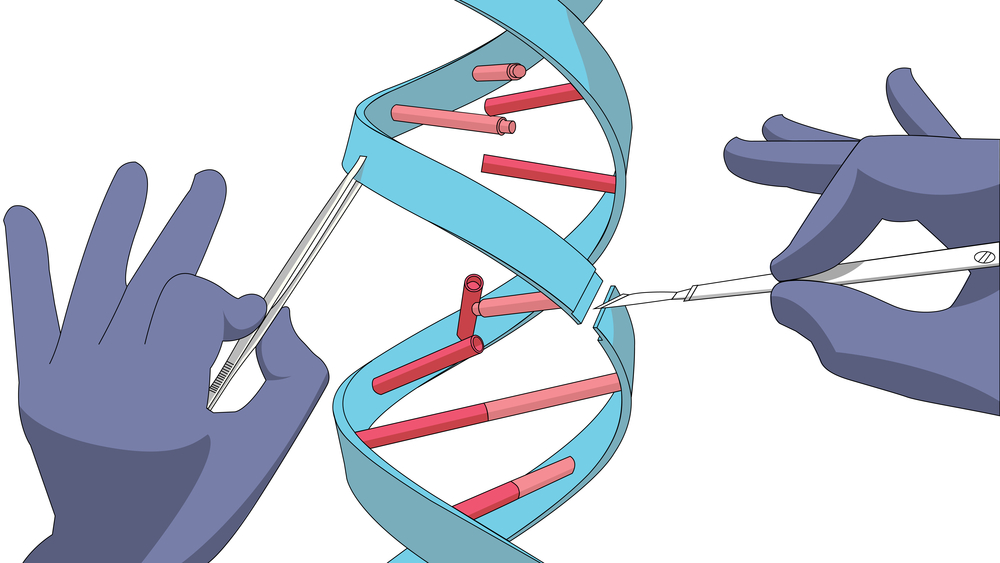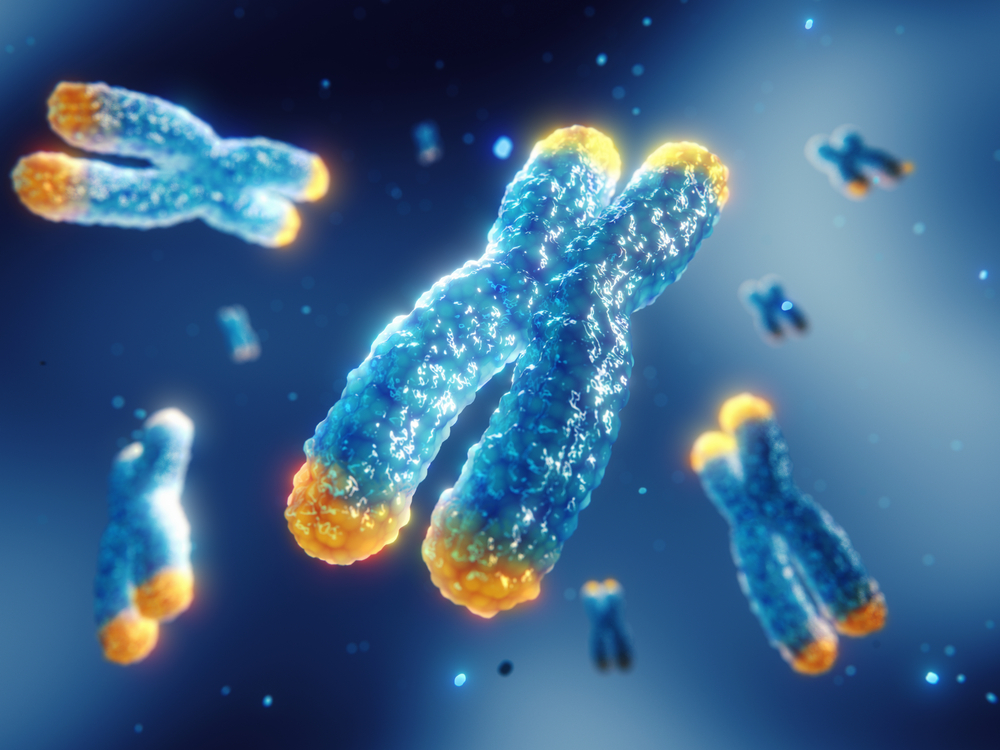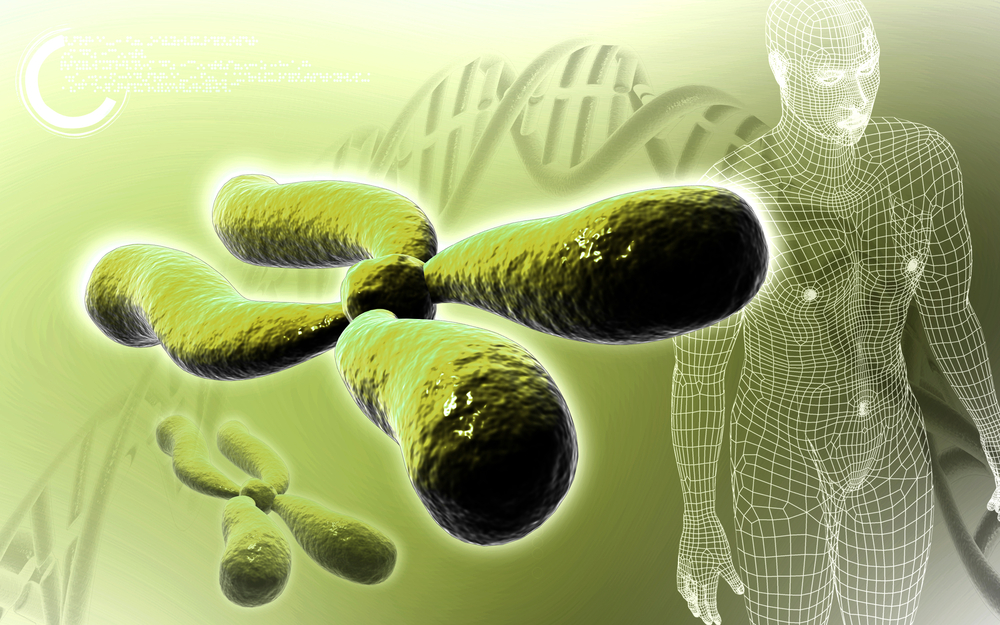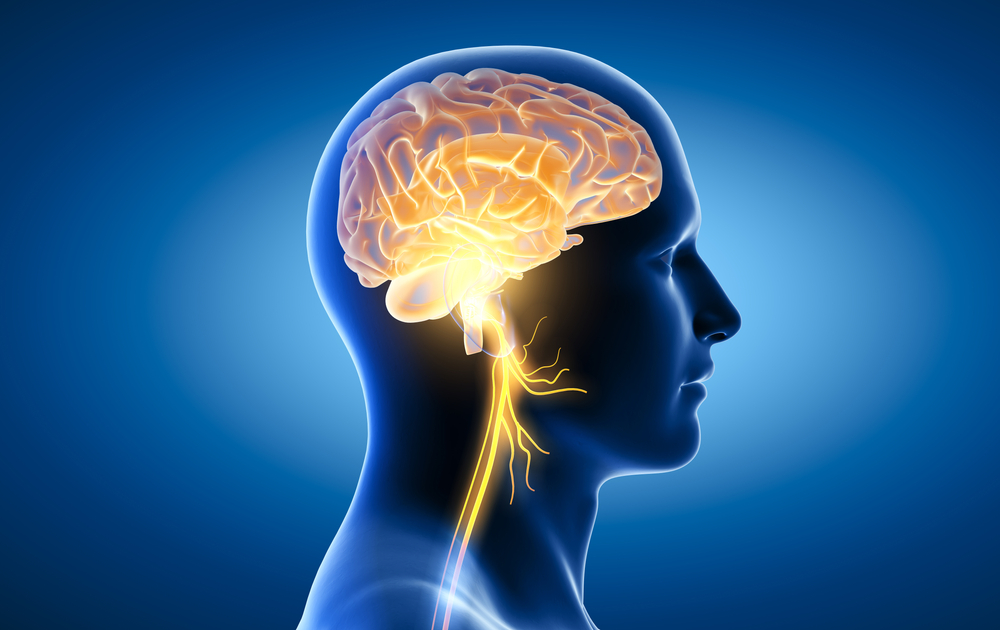New Study Finds Intelligence is Largely Inherited From Mothers and It’s in the Genes, This Ends a Long Debate Between Parents

Who do you thank for your smarts? Maybe it’s your dad who drilled you on math facts, or your mom who read stories to you every night. Maybe it’s both or maybe, it’s something written into your very DNA.
For generations, parents have debated who passed down what. “She gets that stubborn streak from me,” one might say. “He’s clever like his dad,” another insists. But when it comes to intelligence the ability to reason, solve problems, and adapt to the world science is tipping the scales in a fascinating direction.
Recent genetic studies suggest that the answer may lie not just in parenting styles or shared values, but deep within the structure of our chromosomes. And here’s the twist: many of the genes most strongly associated with intelligence live on one specific chromosome the X chromosome. That’s the one mothers contribute twice as much of.
This emerging understanding doesn’t just settle dinner-table debates it redefines how we see intelligence, inheritance, and the often-unseen influence of mothers. But the truth is more nuanced than simple headlines. Because while the science is intriguing, the story it tells is even more profound.
Where Does Intelligence Come From?
For centuries, intelligence was thought to be a product of discipline, education, or pure chance. But today, science paints a clearer though still evolving picture: intelligence is influenced by both genetics and environment. It’s not a tug-of-war between nature and nurture; it’s a collaboration.
Genetic research shows that intelligence is moderately to highly heritable. According to twin and family studies, about 40% to 60% of intelligence is genetic the rest depends on environment, life experiences, and education. This genetic influence tends to increase with age. A child may show mild genetic predispositions early on, but by adulthood, those traits often become more pronounced, especially if supported by a conducive environment.
More specifically, intelligence is polygenic, meaning it’s shaped by thousands of genes, each contributing a small effect. Large-scale genome-wide association studies (GWAS) involving hundreds of thousands of participants have identified hundreds of genetic markers linked to general cognitive ability. These are not all on the X chromosome. Many are scattered across autosomal chromosomes, inherited from both parents. This means intelligence isn’t rooted in one gene or one parent but in a complex mosaic of DNA.
According to a groundbreaking study from the University of Glasgow involving over 12,000 participants, children inherit the majority of their intelligence genes from their mothers. pic.twitter.com/56QjB8V3nt
— DailyHemo (@DailyHemo) July 24, 2025
Yet, studies consistently show a powerful correlation between maternal IQ and a child’s IQ. The British Medical Journal published a study on over 5,000 children and found that maternal intelligence was the strongest predictor of cognitive performance. This doesn’t necessarily mean fathers don’t contribute genetically it simply highlights a more measurable, consistent link from the maternal side, perhaps due to the influence of both genetics and early nurturing roles.
On the biological front, maternal genes seem to dominate development in key areas of the brain associated with thinking, planning, and decision-making. In contrast, paternal genes are more active in regions tied to emotions and instincts. But intelligence itself is not confined to a single region. It involves networks of brain areas working together meaning both genetic and environmental factors must align for intelligence to fully unfold.
Why the X Chromosome Matters

Every human carries a biological storybook 23 pairs of chromosomes, with the X chromosome playing a surprisingly powerful chapter in the story of intelligence. While both parents pass on DNA, mothers carry two X chromosomes, while fathers carry only one. And it’s on these X chromosomes that many of the genes linked to cognitive function are found.
This gives mothers a statistically greater chance of passing on intelligence-related genes. More than just a genetic quirk, this fact has been backed by decades of research. In studies on mice, scientists found that maternal genes were more active in the cerebral cortex the region of the brain responsible for advanced thinking, language, and decision-making. In contrast, paternal genes showed greater activity in the limbic system, which governs emotions, survival instincts, and memory. While mice aren’t humans, the implications raised important questions about how maternal and paternal genes function differently in brain development.
Another fascinating layer comes from the concept of “conditioned genes.” These genes behave differently depending on which parent they’re inherited from. Some are only activated if they come from the mother remaining dormant if they come from the father. In early embryonic development, scientists observed that embryos with only paternal genes could not form a viable brain, while those with only maternal genes could develop brain tissue but not complete bodies. This balance is vital, but again it illustrates how maternal genes have a central role in cognitive structure formation.
Further supporting this, geneticist Robert Lehrke concluded that because women have two X chromosomes, they’re more likely to transmit genes tied to intelligence. His findings help explain why mental disabilities are more common in males with only one X chromosome, there’s no “backup” copy to compensate for a faulty gene.
Still, not all intelligence-related genes live on the X chromosome. Modern studies involving large-scale DNA analysis have identified numerous genetic markers across all chromosomes that contribute small but significant effects to cognitive ability. Intelligence is not housed in a single gene or confined to a single chromosome it is, rather, the sum of many subtle influences. But when viewed collectively, the maternal X still emerges as a heavyweight contributor.
Studies that Link Maternal IQ to Child Intelligence

It’s one thing to speculate about chromosomes. It’s another to watch patterns unfold in real families, across time, cultures, and generations. Over the past few decades, researchers have conducted large-scale, real-world studies that consistently point to one conclusion: a mother’s IQ is one of the strongest predictors of her child’s cognitive potential.
In one of the most cited investigations, the British Medical Journal (2006) published a study involving over 5,400 children. Researchers tracked variables like breastfeeding, socioeconomic status, and parental education. Once maternal IQ was factored in, most of the other influences including breastfeeding had only minimal effect on a child’s intelligence. In short, a mother’s cognitive ability stood out as the most statistically significant factor.
This finding was echoed in a longitudinal study by the Medical Research Council in Glasgow, which followed 12,686 young people over nearly two decades. Every year, participants aged between 14 and 22 were assessed on a range of attributes, including cognitive performance. Researchers discovered a remarkable trend: the children’s IQ scores deviated from their mothers’ by only about 15 points, despite accounting for race, income, education, and social background.
Other studies have explored how early-life interactions may reflect this genetic link. For example, children of mothers with higher IQs tend to receive more language-rich engagement, problem-solving encouragement, and cognitive stimulation factors that enhance natural potential. But even when controlling for these environmental advantages, the biological connection remains strong.
This is not about downplaying the father’s influence. The absence of paternal IQ in many of these studies doesn’t mean it doesn’t matter it simply hasn’t been studied as thoroughly or consistently. Some experts argue that paternal intelligence may be just as impactful but harder to measure due to social factors like time spent in early caregiving.
Emotional Bonds and Cognitive Growth

Genes may provide the foundation, but it’s the environment that decides how far that foundation can rise. Intelligence doesn’t exist in a vacuum it flourishes in the context of emotional connection, support, and trust. And time and again, research shows that a secure emotional bond with the mother plays a powerful role in shaping a child’s cognitive development.
At the University of Minnesota, psychologists found that children who formed strong attachments to their mothers by age two were more likely to excel in symbolic play, show persistence, and handle frustration better during problem-solving tasks. This isn’t just about affection it’s about emotional security providing the confidence to explore, learn, and take intellectual risks.
Further evidence comes from a seven-year study by the University of Washington, which examined how maternal nurturing affects brain development. Researchers discovered that children whose mothers were consistently emotionally supportive had a hippocampus that was 10% larger by the age of 13. The hippocampus is vital for memory, learning, and stress regulation core components of cognitive function. The takeaway is clear: emotional warmth isn’t soft science it’s hardwired into brain growth.
Mothers often act as the primary emotional anchor during early childhood, which may explain why their influence is so deeply tied to intellectual outcomes. From soothing distress to encouraging curiosity, the mother’s presence shapes how children feel about learning and about themselves.
This doesn’t mean fathers and other caregivers aren’t important. Quite the opposite. When emotionally present, fathers play an equally powerful role in boosting their children’s cognitive and emotional resilience. The point is not about assigning credit it’s about recognizing the crucial link between emotional connection and brain development, and how often, culturally and biologically, mothers are placed at the center of that relationship.
Intelligence Is More Than Just Genes

While headlines often highlight the genetic side of intelligence, the full picture is far more complex. Yes, studies point to strong maternal links, especially through the X chromosome and maternal IQ correlations. But focusing only on genes risks ignoring the broader truth: intelligence is not fixed, and it’s not solely inherited.
Recent research, including large-scale genome-wide association studies (GWAS), shows that intelligence is polygenic shaped by thousands of genetic variants spread across many chromosomes, not just the X. These variants individually have tiny effects, and together they explain only a portion of intelligence differences. Many studies have identified significant cognitive markers on autosomal chromosomes, which are inherited equally from both parents.
Furthermore, the idea that maternal genes dominate cognitive development is an oversimplification. Some arguments for the “mom’s genes” theory rely heavily on animal models, particularly mice, where gene expression patterns don’t always translate directly to human beings. Human intelligence results from a complex interaction between genes, brain development, social environment, and lived experience.
There’s also the challenge of defining intelligence itself. It’s not just IQ. It includes reasoning, memory, creativity, emotional insight, problem-solving, and adaptability. Some of these traits are shaped more by experience and environment than DNA. For instance, resilience in the face of adversity, or the ability to think critically and empathize, often grows through relationships, culture, and challenge not inheritance.
Importantly, intelligence is also malleable. Studies show that education, enriched environments, emotional stability, and even sleep and nutrition can significantly influence cognitive performance over time. A child born with high genetic potential may never realize it without stimulation and support. Conversely, a child with fewer inherited cognitive advantages can exceed expectations with the right encouragement and exposure.
It’s Not Just About IQ

Psychologists define general intelligence, or “g,” as the ability to reason, solve problems, comprehend ideas, and learn from experience. But even this broad definition doesn’t tell the whole story. Intelligence shows up not just in classrooms and test scores, but in how someone navigates conflict, adapts to change, understands others, and creates beauty from chaos.
A high IQ might predict academic success, but it doesn’t guarantee wisdom, empathy, or creative insight. Consider people who never finished school but built empires, led nations, or changed the world with vision and grit. Their intelligence wasn’t limited to logic it lived in intuition, emotional depth, and the courage to challenge norms.
Modern research backs this up. Psychologists like Howard Gardner have long argued for multiple intelligences, including linguistic, musical, spatial, interpersonal, and bodily-kinesthetic intelligence. Others emphasize emotional intelligence (EQ) the ability to understand and manage emotions—as equally vital to personal and professional success.
In today’s complex world, the most impactful minds are rarely the ones that just score high on tests. They’re the ones who stay curious, ask better questions, and think beyond themselves. They’re the problem-solvers, the listeners, the quiet revolutionaries who combine intellect with heart.
Honor the Roots, Grow the Mind
We inherit more than just eye color or dimples we inherit blueprints. Some are biological, etched into our chromosomes. Others are emotional, shaped by how we’re held, spoken to, and believed in. When it comes to intelligence, both science and experience tell us the same thing: what we’re born with is only the beginning.
Yes, studies increasingly show that mothers pass on a significant portion of the genes linked to intelligence. Yes, maternal IQ is a powerful predictor of a child’s cognitive ability. But none of this means that intelligence is predetermined or that fathers and other caregivers play a lesser role. Because intelligence is not just something we inherit. It’s something we cultivate.
We grow it every time we challenge our thinking. Every time we sit with a child and ask, “Why do you think that?” Every time we provide safety, curiosity, and love. Our brains are not static they are sculpted by our experiences, our relationships, and the choices we make, moment by moment.
So whether you’re a parent, teacher, leader, or learner, the takeaway is this: don’t just celebrate where intelligence comes from celebrate what it can become. Honor your roots. But don’t stop there. Plant new ones. Uplift someone. Pass on more than genes pass on wisdom, presence, and belief.
Because the greatest inheritance we can offer the next generation is the space to grow into their fullest potential.
Loading...

